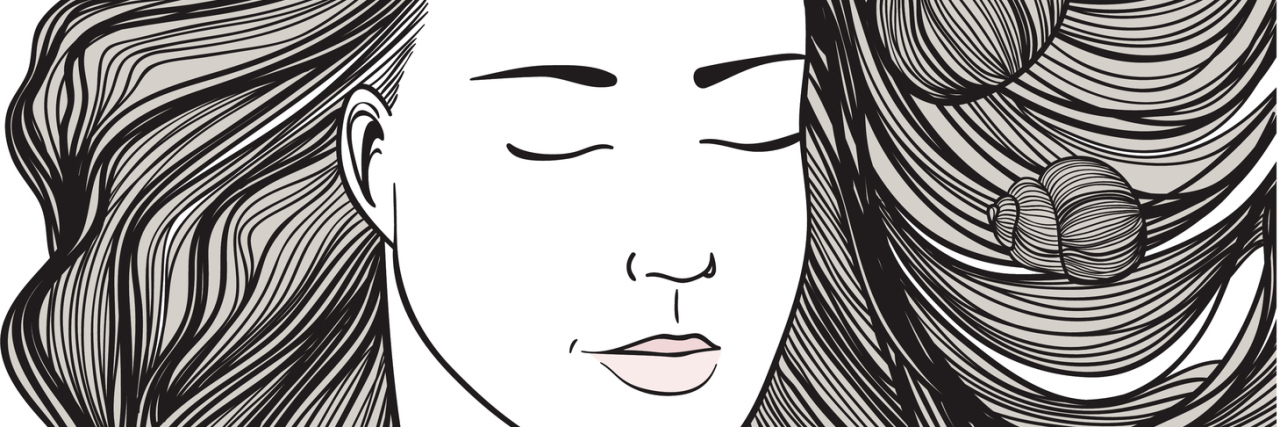How Childhood Emotional Abuse Led to My Dependency Problems as an Adult
Editor’s note: If you have experienced emotional abuse, the following post could be potentially triggering. You can contact the Crisis Text Line by texting “START” to 741-741.
If you had met my parents, you would probably have liked my mother and thought she was a gentle, loving person — if a bit awkward socially. You might have liked my father if he was having a good day, otherwise you would have found him difficult to talk to. I don’t think you would have guessed the truth about them – that they both treated me so badly as a child, I developed dependency problems that affected my whole life. That’s not an easy thing to say about your own parents. I didn’t want to believe it. I wanted to think my mother and father loved me, that any pain I felt at the way they treated me was my fault, that I had a fatal flaw in my character and they were trying to “put me right.”
My mother was very controlling. She used emotional manipulation to force me into a mould of her own making that didn’t suit me. I gave up my dream job because she told me I should take something more secure, with a pension at the end. If I did or said anything that wasn’t what she would have done or said, she told me there was something psychologically wrong with me. I grew up believing I was not capable of looking after myself, and relied on other people to tell me what to do.
I was deeply unhappy. In order to cope, I became two people — the inner one or the “real me” and the outer one, the one that did what I was told. I would watch myself doing what people told me to do, saying what they wanted me to say, as if I were an actor on a stage, playing a part. Unlike an actor, though, there was no time when I could shake off the part and revert to being me. That inner self stayed hidden at all times, too scared to come out.
I thought things would be better when I was older, but doing what I was told had become an ingrained pattern by then which continued as an adult. It didn’t make me happy. I wanted to be free to express my opinions and do some of the things I wanted to do. Because life continued to go wrong, I was convinced my mother had been right about me.
My only hope was that I would one day discover what it was that was wrong with me. In the meantime, I was powerless to bring about any sort of change in my life. I trundled on as best I could, a puppet at the mercy of other people. It felt as if the inner me was shrinking and eventually I thought it was about to be extinguished completely. At that point, I had a choice — fight back, or give up “me” and allow myself to be completely taken over by other people.
It was obvious what I needed to do: I had to stop trying to be the person other people wanted and let the inner me out of its cage, but achieving that was far harder than I ever imagined. I had a breakthrough when I realized things were going wrong because of the way I was treated as a child, not because I was a bad person. I imagined the negative experiences as a layer surrounding me, distorting the way I saw the world, and the way the world saw me. I worked to strip it away, so I could reveal the real me. It took many years, but once achieved, I was rewarded in the best way possible — by meeting a wonderful man and having a relationship my mother had told me I could never have.
Follow this journey on “Moving On.”
If you or a loved one is affected by domestic violence or emotional abuse and need help, call The National Domestic Violence Hotline at 1-800-799-7233.
We want to hear your story. Become a Mighty contributor here.
Thinkstock photo via Rively

